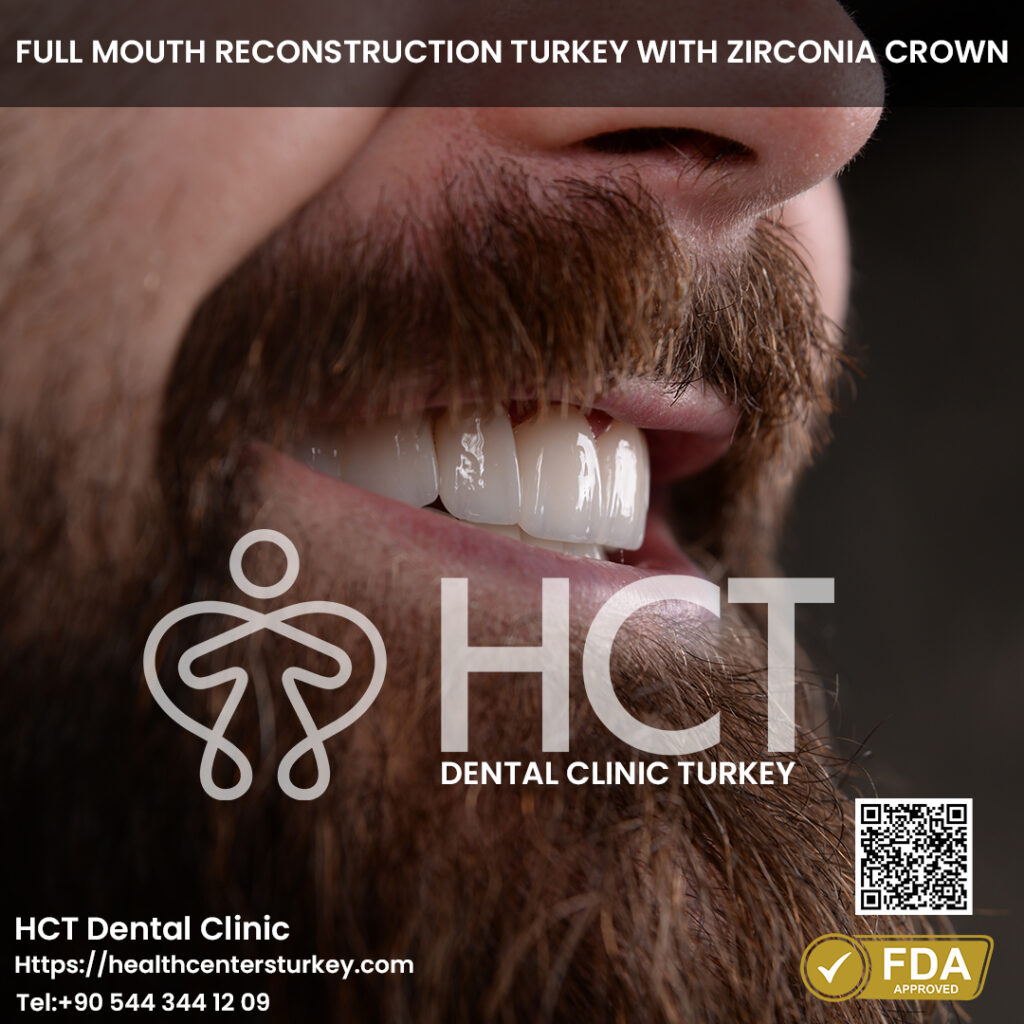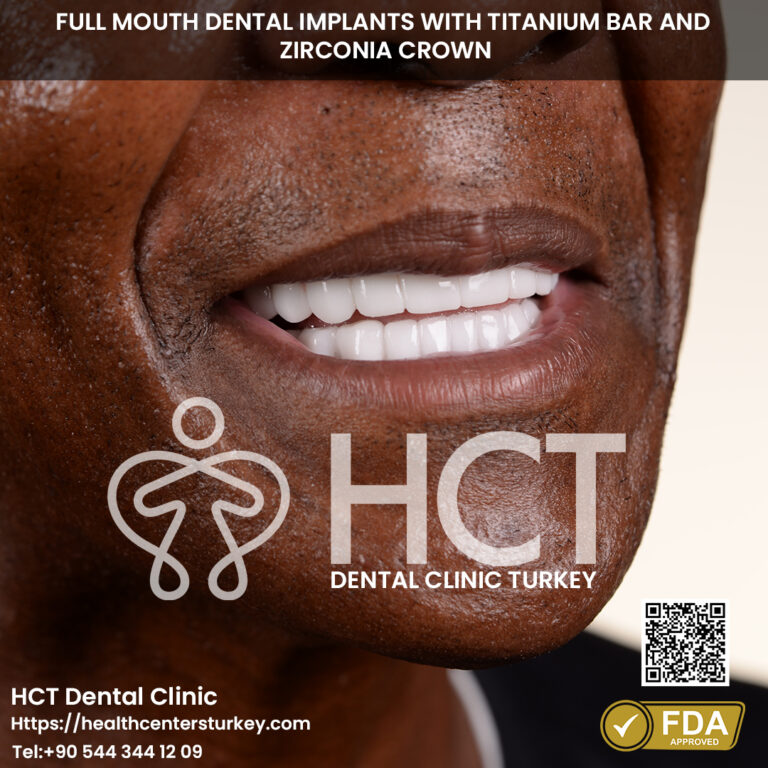Knowledge in Oral Health at Affordable Rates
Knowledge in Oral Health at Affordable Rates
Blog Article
Customized Dental Care Solutions for Every Patient in Turkey

Dental implants have become a focus in modern dentistry, providing a reliable resolution for those going through tooth loss. Among the a number of advantages they offer, one important aspect value contemplating is their impact on adjacent teeth. Understanding how dental implants affect surrounding teeth aids in making informed choices about oral health.
When a tooth is lost, neighboring teeth can easily shift towards the space left behind. This motion can result in misalignment, which compromises the overall chew and performance of the mouth. Dental implants mimic natural tooth roots, thereby maintaining the position of adjacent teeth.
Skill in Cosmetic Dentistry at Affordable Rates
The stability provided by an implant is crucial, because it helps in preserving not just the physical alignment but additionally the structural integrity of the jawbone. When a tooth is missing, the underlying bone can start to deteriorate due to lack of stimulation. An implant exerts stress on the bone during chewing, just like a natural tooth, which promotes bone health.
In some circumstances, a bridge or partial denture may be thought of as an alternative choice to implants. While these options might restore some performance, they'll place additional stress on neighboring teeth. Bridges often require submitting down the encircling teeth to accommodate the anchors, thereby affecting their health over time. Dental implants, however, don't alter current teeth, making them a more conservative choice.
Tailored Oral Health Care Solutions for Every Patient in Turkey
Hygiene turns into another crucial issue when considering adjacent teeth in the context of implants. With dental implants, the individual can keep a regular hygiene routine similar to natural teeth. Flossing and brushing around the implant are simple, guaranteeing that the gum tissue remains healthy and minimizing the danger of gum disease that might adversely affect adjacent teeth.
Moreover, the materials used in dental implants are biocompatible. This means they are designed to integrate properly with the physique, lowering the possibilities of an opposed response. This attribute not only makes the implant protected but in addition protects close by teeth from potential points that might come up due to contamination or infection.
In terms of aesthetics, dental implants offer a natural look and feel, closely resembling original teeth. Adjacent teeth benefit from this aesthetic appeal as well. When an implant is placed, the surrounding gum tissue can be shaped to imitate natural contours, thereby enhancing the general appearance of the smile. This aesthetic issue can encourage people to put cash into their oral care routines, benefiting each the implants and adjacent teeth in the long term.
Benefits of Choosing Dental Tourism in Turkey for Treatment
Another concern is the potential for gum disease, which can affect the health of adjacent teeth. Gum disease can occur when plaque builds up around teeth and implants. Regular dental visits and appropriate oral hygiene can mitigate this concern. websites The presence of implants can also serve as a motivator for better dental hygiene practices, as people turn into extra aware of sustaining their total mouth health.
Studies have proven that dental implants can contribute to a big enchancment in quality of life. Patients typically expertise increased confidence and are less hesitant to smile or engage in social interactions. A wholesome and well-maintained smile not directly promotes higher look after adjacent teeth, as individuals are inclined to become extra aware of their overall oral hygiene.
One often-overlooked side is the psychological impression of dental implants on sufferers. Knowing that implants provide long-term solutions can ease the anxiety associated with tooth loss. With fewer worries about future tooth shifts, patients usually tend to invest effort and time into caring for his or her teeth, which includes adjacent teeth.
In conclusion, dental implants function more than only a solution for missing teeth; they play a pivotal role in sustaining the health and integrity of adjacent teeth. From preventing misalignment to promoting gum health and enhancing aesthetics, the advantages are manifold. By opting for implants, people cannot only restore performance but also foster a more healthy oral surroundings for surrounding teeth. The psychological and aesthetic advantages additional contribute to an overall enhanced quality of life.
All You Need to Know about Dental Tourism in Turkey
In the long term, understanding how dental implants affect adjacent teeth can guide people in making empowered choices regarding their dental health. The integration of those implants into the mouth acts as a stabilizing pressure, safeguarding both the bodily alignment and functionality of neighboring teeth, whereas promoting a long-lasting, wholesome smile.
- Dental implants typically don't exert pressure on adjacent teeth, sustaining their integrity and reducing the danger of shifting or misalignment.
- The placement of an implant typically encourages better oral hygiene habits, positively influencing the health of adjacent teeth via improved cleansing practices.
Explore Leading Dental Treatments in Turkey for Implants, Veneers, and More
- In some cases, dental implants can stimulate the encompassing bone, which helps preserve the natural teeth's position and total dental structure.

- The hole left by missing teeth can lead to bone loss; dental implants can prevent this, thereby protecting adjacent teeth from potential issues.
- The Advantages of Dental Treatments in Turkey for International Patients
Get Ready for Your Smile Makeover in Turkey
- By restoring the perform of a missing tooth, implants help distribute chunk forces evenly, decreasing wear and stress on neighboring teeth.

- Properly placed dental implants can act as a assist structure, stopping undesirable motion of adjacent teeth resulting from tooth loss.
- The presence of an implant could improve the aesthetic appearance of surrounding teeth by filling in gaps and supporting facial structure.
Tips for Dental Procedures in Turkey
- Dental implants remove the necessity for adjacent teeth alteration, not like bridges, which require reshaping the nearby teeth for support.
- Implants also reduce the risk of gum disease in comparison with other tooth replacement choices, not directly benefiting adjacent teeth by selling general oral health.
Obtain Cost-Effective Teeth Procedures that Meet Your Needs in Turkey.
- Long-term success of dental implants is linked to the health of surrounding teeth, emphasizing the significance of standard dental check-ups and maintenance.
How do dental implants have an effect on adjacent teeth?
Transform Your Smile using Innovative Dental Practices in Turkey
What are dental implants and how do they work with adjacent teeth?undefinedDental implants are synthetic tooth roots positioned into the jawbone to help replacement teeth. They don’t have an effect on adjacent teeth instantly, as they're independent constructions. Instead, they might help maintain the integrity of surrounding teeth by stopping bone loss.
Can dental implants trigger damage to adjacent teeth?undefinedIf positioned appropriately, dental implants shouldn't hurt adjacent teeth. However, improper placement can lead to points like misalignment or pressure, emphasizing the importance of selecting an experienced dental skilled.
Will dental implants promote bone progress round adjacent teeth?undefinedYes, dental implants help stimulate the jawbone, which might encourage bone growth. This can profit adjacent teeth by maintaining bone density and stability within the area.
Aesthetic Dental Treatments Available in Scenic Turkey
Should I worry about gum disease affecting adjacent teeth after getting an implant?undefinedGood oral hygiene is crucial after getting an implant. Gum disease can nonetheless affect adjacent teeth, but a correctly his explanation maintained implant doesn't improve that risk. Regular dental visits may help monitor and maintain gum health.
What occurs to adjacent teeth if I lose a dental implant?undefinedIf a dental implant fails or is lost, adjacent teeth could shift as a outcome of adjustments in bite alignment and help structure. This may result in misalignment or further tooth loss if not addressed.
Are there any special care necessities for adjacent teeth after getting implants?undefinedMaintaining good oral hygiene practices, including regular brushing, flossing, and dental check-ups, is crucial for both dental implants and adjacent teeth to prevent decay and gum disease.
Life-Changing Dental Care Experiences for Tourists
Do dental implants help assist adjacent teeth when chewing?undefinedAbsolutely. Implants can improve overall chew function, which might alleviate stress on adjacent teeth throughout chewing. This can lead to higher distribution of forces, promoting oral health.
How can I prevent complications with adjacent teeth and implants?undefinedConsistent dental care, together with professional cleanings and examinations, common brushing and flossing, and following your dentist’s aftercare instructions, are key to stopping complications.
Can adjacent teeth transfer if I have a dental implant?undefinedAdjacent teeth may transfer if they are not well-supported, especially after tooth loss. A dental implant helps preserve the structure, decreasing the chance of shifting teeth. Report this page